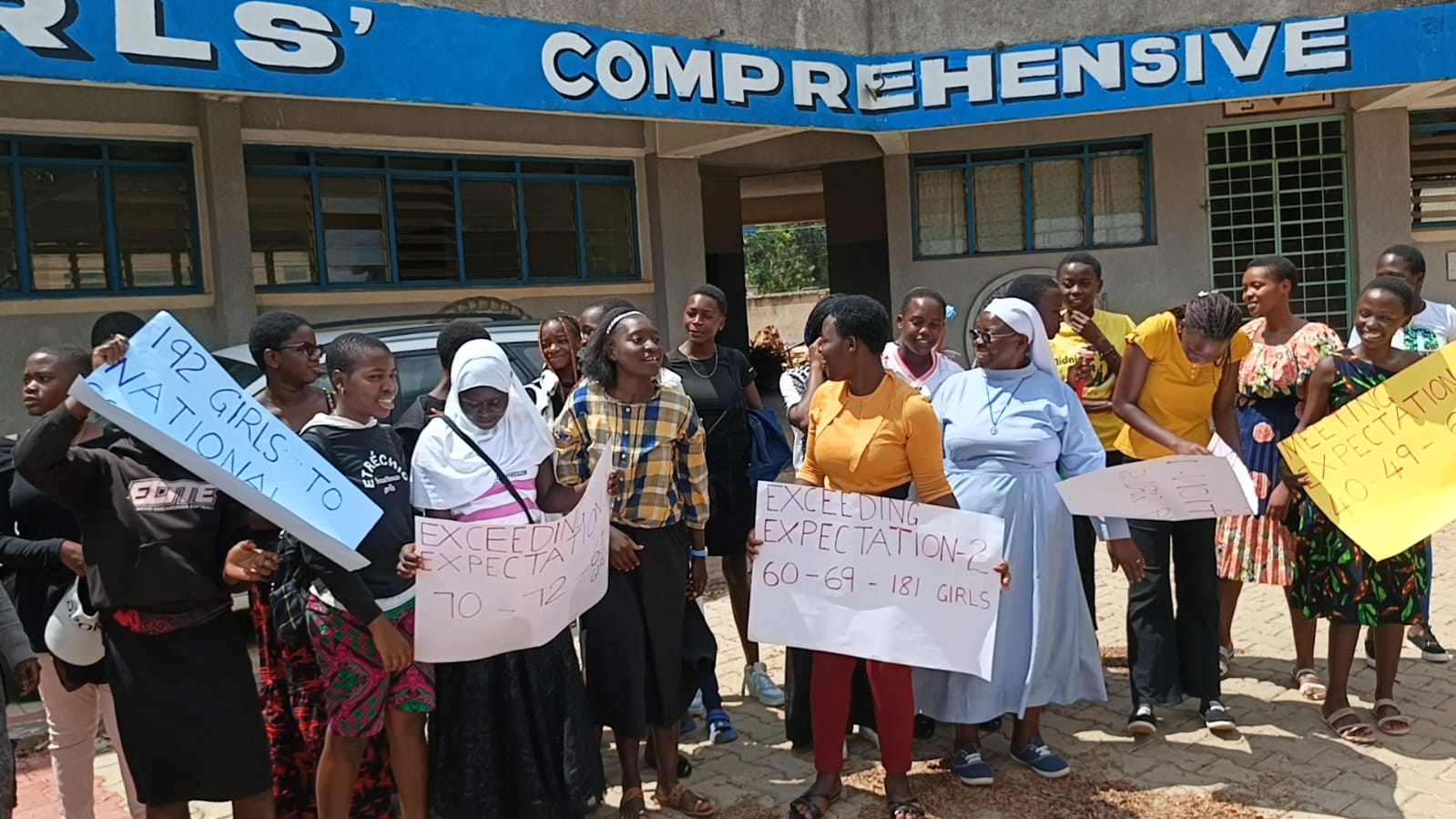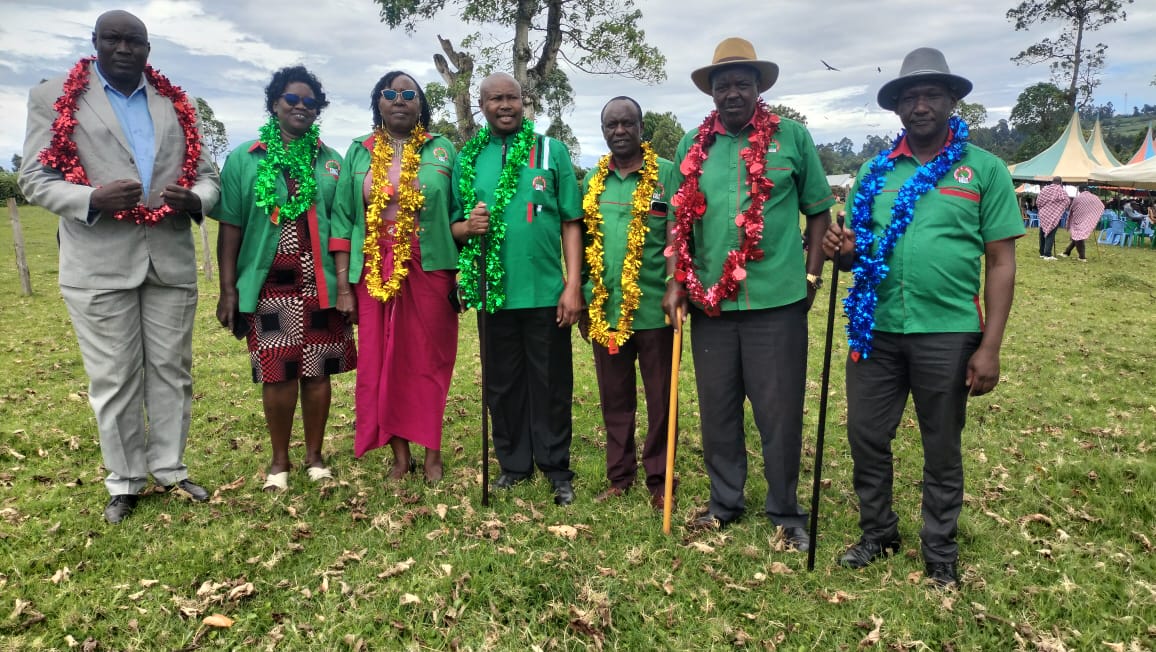As we face the mounting challenges of climate change, biodiversity loss, and resource depletion, the importance of environmental conservation has never been clearer.
However, tackling these complex issues requires more than just governmental policies and technological solutions – it demands a fundamental shift on how we view and interact with the natural world. This is where environmental education comes into play, serving as a crucial bridge between scientific knowledge and public understanding.
At the heart of environmental education lies the recognition that we are inextricably connected to the ecosystems that sustain us. By immersing students, from the youngest learners to the most seasoned scholars, in the wonders and fragility of our planet, we can cultivate a deep sense of stewardship and responsibility. Through hands-on experiences, field trips, and engaging curricula, students develop a tangible connection to the natural environment, fostering a lifelong appreciation for its preservation.
READ ALSO:
School administrators concerned about exploitation of children in gold mines
Beyond instilling a love for nature, environmental education also equips students with the critical thinking skills and scientific literacy needed to address environmental challenges. By studying topics such as renewable energy, sustainable agriculture, and ecosystem management, young people gain the knowledge and tools to become active agents of change. They learn to analyse complex problems, consider multiple perspectives, and devise innovative solutions – skills that are invaluable not only for environmental protection but for tackling a wide range of societal issues.
Furthermore, the benefits of environmental education extend beyond the individual student. When young people bring their newfound ecological awareness home, they often inspire their families and communities to adopt more sustainable practices. This ripple effect can lead to a groundswell of grassroots action, with citizens actively participating in conservation efforts and advocating for policies that safeguard our natural resources.
As we look to the future, the role of environmental education will only grow in importance. By empowering the next generation with the knowledge, skills, and passion to protect our planet, we are investing in a more sustainable and resilient world – one that can thrive for generations to come. It is a responsibility we all share, and one that holds the key to a brighter, greener future.
Tonny Kyule is a student in Communication, Journalism and Media Studies Department at Rongo University, Migori County
You can also follow our social media pages on Twitter: Education News KE and Facebook: Education News Newspaper for timely updates.
>>> Click here to stay up-to-date with trending regional stories






